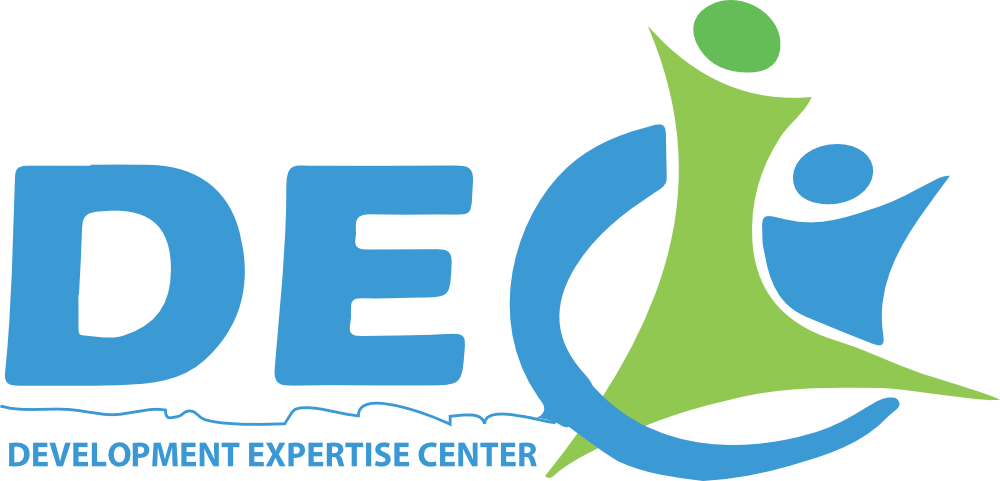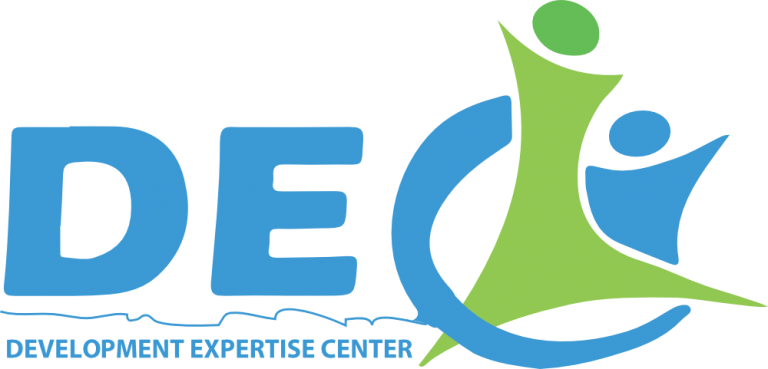Gender and Life Skill Program Department Tools and Approaches
Programs Tools:-
- Meharebe manual: is a manual for education for health and wellbeing. The goal of this approach is to deliver comprehensive sexuality education for in and out-of-school youth through the use of contextualized manuals, with a positive, gender-sensitive, rights-based approaches so young people are offered self-development skills such as self-awareness, self-confidence and self-esteem plus social competencies, such as negotiation skills, communication skills and decision making skills, contraceptive use and the right to refuse sex and also have an pleasurable sexual development, ultimately enabling them to make healthier and enjoyable SRHR choices and decisions. This manual has 13 lessons which include the world starts with me, emotional ups and down, is your body changing too, Boys & Girls, Men & Women, culture and HTP, Human entitlement, pregnancy for boys and girls, STI’s HIV/AIDS and the role you play, love shouldn’t hurt, drug abuse and sexuality, your future, dreams and plans, my top tip peer book and exhibition. During manual contextualization health officers, education officers, directors, various CSOs who engaged in SRHR, teachers, students, etc. were involved.
- Peer Book: is a pocket size book which is a part of Meharebe prepared for students to precisely summarize what they have learnt in all session then to give for their peers who haven’t got a chance to take Meharebe lesson. The book has short summary on each chapter and a space for the students to provide their thoughts on the chapter respectively. This approach helps to address younger people who even were not targeted by the program.
- Yemisrach Manual: is a manual used to establish new and strengthen existed girls club in schools. The manual have 10 chapters with a content of vision setting, time management, talent, communication, hygiene, friendship, gender, ethics, winning behavior, am I on the right track that empower girls in life and social skill. Girls involved in this club will be empowered and be influenced to bring educational achievement, have better social skill and being a role model for their friend, overall they will be capable of achieving their dreams.
- Bgebeta Zuria: is a parent dialogue manual. This manual is for parents to have a comprehensive knowledge and skill on CSE of their children then to have active participation on their SRHR life. After finalizing this session parents would be able to understand their children love and relationships, emotional changes, body changes and be able to discuss freely with them. This manual has 7 chapters which include children emotion, body changes, children right and safety, HTP, teenage pregnancy, STI’s and HIV/AIDS, drug abuse and peer pressure. During manual contextualized SRHR information and education masters were engaged.
- Gender transformative approach (GTA): is an approach that promotes human rights-based approach, discusses power, norms and values. It incorporates empowerment of women and girls and most importantly engaging men and boys in SRH program. This approach helped us as a tool to in achieving the objective of achieving gender equality and male engagement in all of our projects.
- Whole School Approach (WSA): we utilize the Whole School Approach (WSA) in all targeted schools to incorporate key stakeholders such as school management, teachers, parents, education and health offices, student’s involvement, quality of implementations and project sustainability. WSA highly contributes in assuring program quality, increase stakeholder commitment and ensure sustainability
- Meharebe on job training: this approach also called as work based learning that assist Meharebe facilitators to improve their performance during facilitation. This has coaching tools to identify the gap of the facilitators. Based on the gap seen during coaching refresher training is provided.
- Advisory committee meeting: this meeting has involved all stakeholders to sensitize what we are doing. Then invite them to witness the progress we made in our intervention. In parallel we discuss on the support we can get to fill the gap we have in some activities of program implementation. This advisory committee meeting is held quarterly to update them with our implementation. This multi-stakeholder approach has a tendency to facilitate the work, ensures program success and sustainability.
- Girls Friendly Schools Tool (GFS): by using a scoring sheet with four dimensions of safe environment, staffing and management, inclusivity and connectedness and health and protection will be assessed by questioning principals, teachers and staff, female students and with other relevant stakeholders. Developed checklist and discussions questions assist in facilitating multi stakeholder discussions on a school with a view to improving understanding between stakeholders, which can lead to improving girl-friendly measures in schools through multi-stakeholder engagement.
- Youth Friendly Health Service Tool (YFHS): this scoring sheet is used to assess a particular health service with a view to improve understanding between stakeholders, which can lead to facilitating the improvement of existing YFHS through multi-stakeholder engagement by involving managers and staff, young people and relevant stakeholders in already developed closed and open discussion questions. The assessment covers information and education on SRHR, treatment, facility characteristics, staff characteristics and accessibility and involvement of youth.

